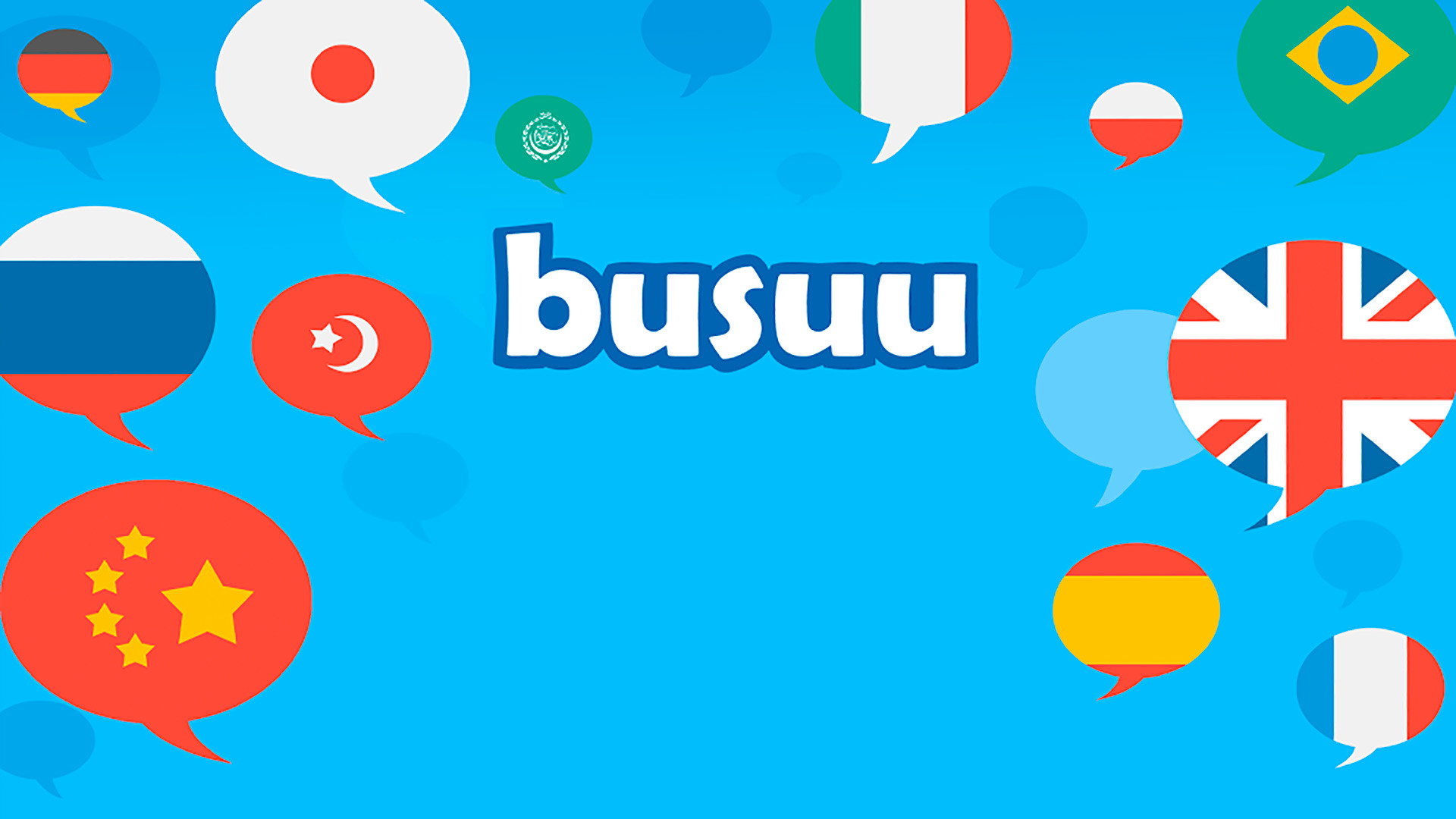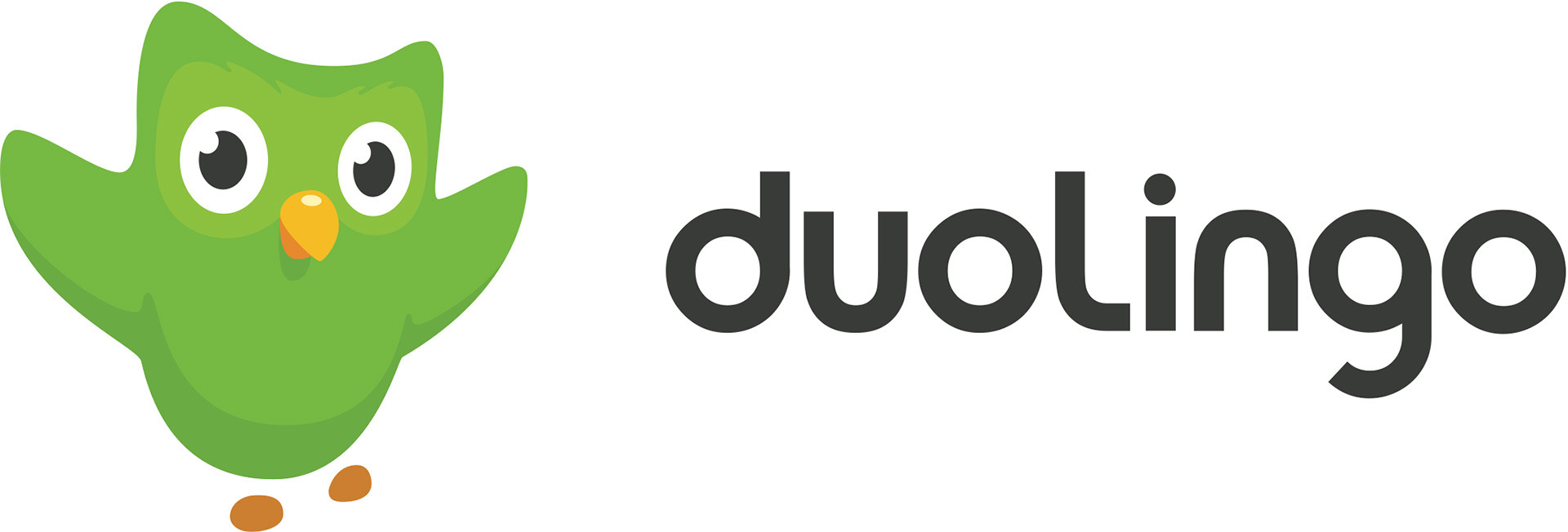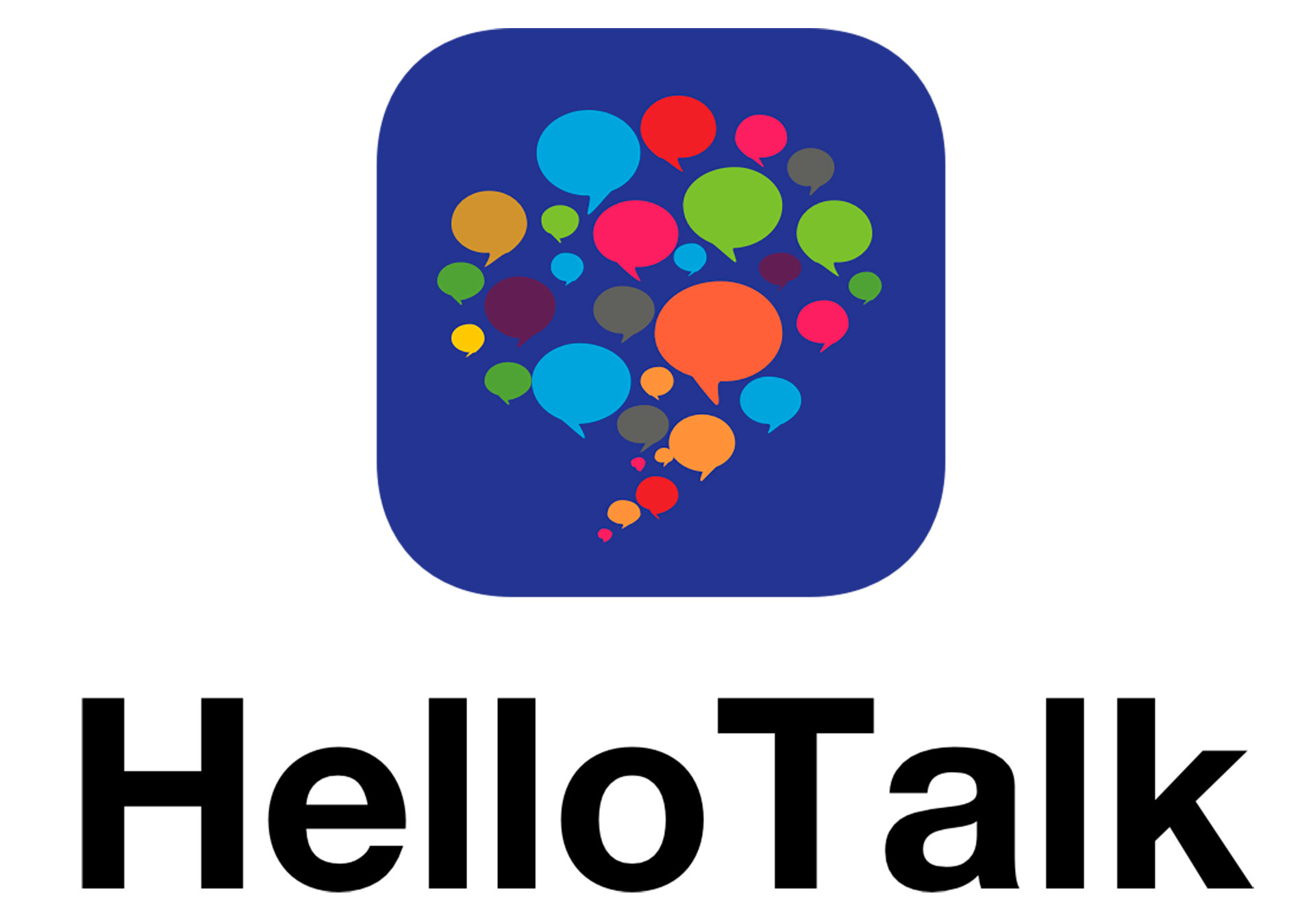5 apps for learning Russian for free

In today’s world it’s sometimes hard to find enough time and money to devote oneself to attending classes, studying textbooks, and doing homework. Yet, the modern internet age is trying to address that with more and more digital innovations being designed to meet the demands of those eager to use even a few free minutes for learning something new and useful.
Sure, a difficult language like Russian or Chinese requires a lot of work, but who says that mobile apps can’t make the learning process that little bit easier? Learn on the go, pick the topics and lessons you need, and get chatting with Russian speakers around the world — it’s all only a click away these days. Why not use this opportunity to color up your CV or make new friends?
We picked out five useful apps that offer free Russian courses in a variety of foreign languages on both iOS and Android platforms. Enjoy!
1. Memrise

Russian course available for English, Spanish, French, German, Italian, and Japanese speakers
Russian is among the many language courses on the Memrise app. It mainly caters to beginner and intermediate levels to help learn the basics of Russian in a fun and playful manner, keeping the user motivated by setting daily goals, earning points, and giving updates on the progress of fellow learners. One cool feature of the app is the chance to explore your surroundings (like in augmented reality games) with instant translation, and even take a photo with translation for later!
2. busuu

Russian course available for English, Japanese, Italian, French, German, Spanish, Portuguese, and Indonesian speakers
Another useful app for beginners and intermediate speakers is busuu. The lessons feature vocabulary, dialogue, quizzes, and conversation practice to see if you’re correctly using the phrases you’ve learned. The app works offline, has over 150 units per lesson (it also offers other language courses) and allows you to connect with other app users, get corrected by native speakers, and help others learning your mother tongue.
3. Duolingo
(Logo or screenshots)

Russian course available for English speakers only
According to the app, as many 6.51 million users are currently learning Russian via Duolingo. You don’t need an account to get learning, so you’ll quickly find yourself submerged in short and painless lesson blocks following one after another. The Cyrillic alphabet, basic grammar, phrases and vocabulary divided by topic will keep you addicted for a long time.
4. Clozemaster

Russian course available for English, German, Spanish, Danish, French, Italian, Portuguese, Greek, Japanese, Hebrew, Polish, Hungarian, and Lithuanian speakers
This one is a bit more advanced, but may be a good addition to language learning at any stage, as the developers say. Clozemaster seeks to expose learners to vocabulary in context, offering cloze tests (hence the name of the app) in which points are scored by selecting missing words in sentences (by typing them or choosing from multiple choice questions). The focus of the game can be on learning thousands most common Russian words (set the limit yourself!) or on brushing up your grammar (nouns, adjectives, and whatnot). A challenge indeed!
5. HelloTalk
(Logo or screenshots)

Available for any language speakers
Already feeling pretty confident and just need occasional practice? HelloTalk has got you covered — it’s a free platform for global language and cultural exchanges with native speakers. Find people who match your interests, speak to them via audio and video calls, share useful tips with fellow learners, and ask questions about Russian culture! When vocabulary and grammar are more or less done and dusted, it’s time to communicate.
What are your favorite language learning apps? Tell us in the comments section below.
If using any of Russia Beyond's content, partly or in full, always provide an active hyperlink to the original material.
Subscribe
to our newsletter!
Get the week's best stories straight to your inbox